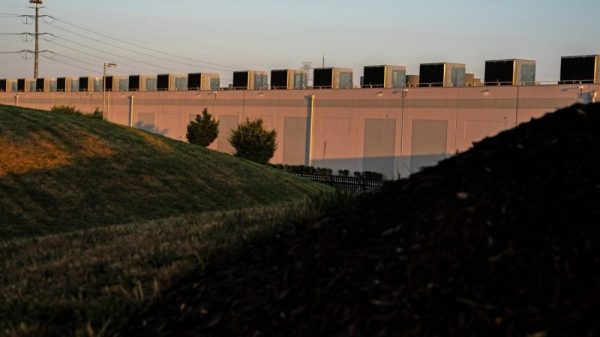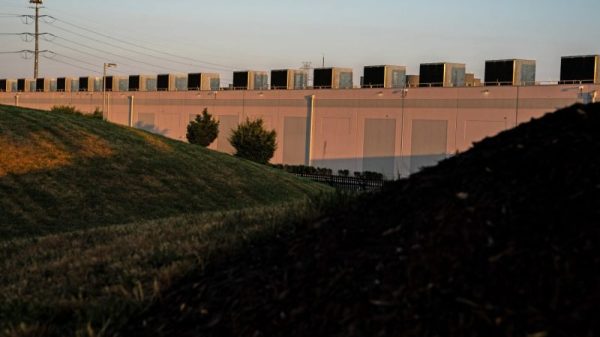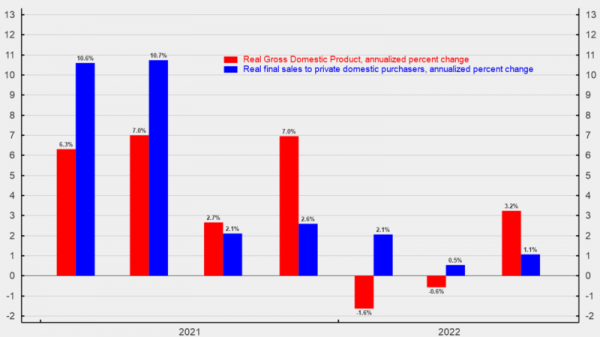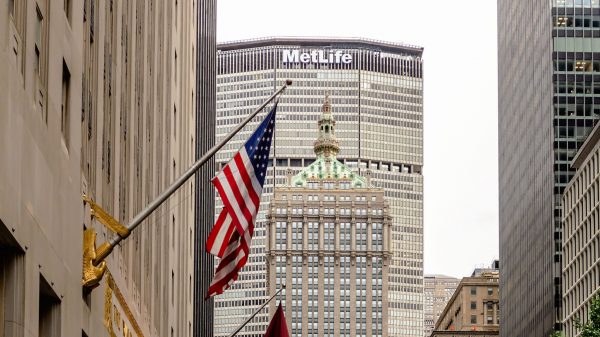

Here’s a quick recap of the crypto landscape for Wednesday (April 2) as of 9:00 a.m. UTC.
Bitcoin and Ethereum price update
At the time of this writing, Bitcoin (BTC) was changing hands at US$84,665.33. The day’s range has brought a low of US$83,166.18 and a high of US$$86,128.57.

Bitcoin performance, April 2, 2025.
Chart via TradingView
The cryptocurrency is staging a modest recovery ahead of US President Donald Trump’s sweeping tariffs policy, which is set to go into effect late Wednesday (April 2).
Ethereum (ETH) is priced at US$1,868.48, a 0.2 percent decrease over 24 hours. The cryptocurrency reached an intraday low of US$1,853.42 and a high of US$1,923.93.
Altcoin price update
- Solana (SOL) is currently valued at US$125.36, up 0.2 percent over the past 24 hours. SOL experienced a low of US$123.71 and a high of US$129.56 on Monday.
- XRP is trading at US$2.11, reflecting a 1.0 percent decrease over the past 24 hours. The cryptocurrency recorded an intraday low of US$2.07 and a high of US$2.18.
- Sui (SUI) is priced at US$2.38, showing a 1.3 percent increase over the past 24 hours. It achieved a daily low of US$2.32 and a high of US$2.50.
- Cardano (ADA) is trading at US$0.6731, reflecting a 0.7 percent increase over the past 24 hours. Its lowest price on Wednesday was US$0.664, with a high of US$0.6918.
Crypto news to know
Sen. Ted Cruz introduces FLARE Act to incentivize Bitcoin mining with stranded gas
Senator Ted Cruz (R-Texas) has introduced the Facilitate Lower Atmospheric Released Emissions (FLARE) Act, a bill designed to encourage Bitcoin miners and other industries to harness stranded natural gas for on-site energy generation.
The legislation aims to improve grid resilience, reduce emissions, and solidify Texas as a leader in Bitcoin mining.
The bill, endorsed by The Digital Power Network, provides permanent full expensing for infrastructure that captures and utilizes flared gas while restricting access for entities linked to China, Iran, North Korea, and Russia.
Cruz emphasized that this initiative supports energy innovation, strengthens economic growth, and promotes the responsible use of excess energy resources.
Sony Electronics Singapore to accept USDC payments
Sony Electronics Singapore has partnered with Crypto.com to integrate USDC stablecoin payments, marking a significant step toward mainstream crypto adoption in the region.
Crypto.com Singapore’s General Manager, Chin Tah Ang, stated that the collaboration aims to simplify crypto payments for consumers and expand digital currency use in everyday commerce.
This development follows other businesses, such as the Metro (SGX:MO1) department store chain, embracing stablecoin payments.
Singapore’s pro-crypto regulatory framework has fueled rapid industry growth, with a doubling of crypto-related licenses in 2024, positioning the nation as a major blockchain hub.
BlackRock secures FCA crypto registration
BlackRock has successfully registered with the UK’s Financial Conduct Authority (FCA), allowing it to facilitate crypto-related transactions for its iShares Digital Assets AG unit.
The FCA’s crypto register, established in 2020 to enforce anti-money laundering compliance, has approved only 51 out of 368 applications, highlighting the strict regulatory environment. As an authorized arranger, BlackRock can now support subscriptions and redemptions of Exchange-Traded Products (ETPs) tied to crypto assets.
However, the firm is restricted from onboarding new clients or operating automated crypto-to-fiat exchange mechanisms without additional regulatory approval.
BlackRock’s registration follows similar approvals granted to Coinbase and other major players navigating the UK’s evolving crypto landscape.
Alabama lawmakers propose bills to allocate 10 percent of state funds to Bitcoin
Alabama lawmakers have introduced Senate Bill 283 and House Bill 482, aiming to allow the state to invest up to 10 percent of its public funds in Bitcoin.
The legislation, designed to position Bitcoin as a strategic financial asset, restricts investments to digital assets with a market capitalization exceeding US$750 billion—currently limited to Bitcoin.
The bills specify that state-held Bitcoin must be stored by the state treasurer, a qualified custodian, or via exchange-traded products.
Securities Disclosure: I, Giann Liguid, hold no direct investment interest in any company mentioned in this article.
Securities Disclosure: I, Meagen Seatter, hold no direct investment interest in any company mentioned in this article.

























